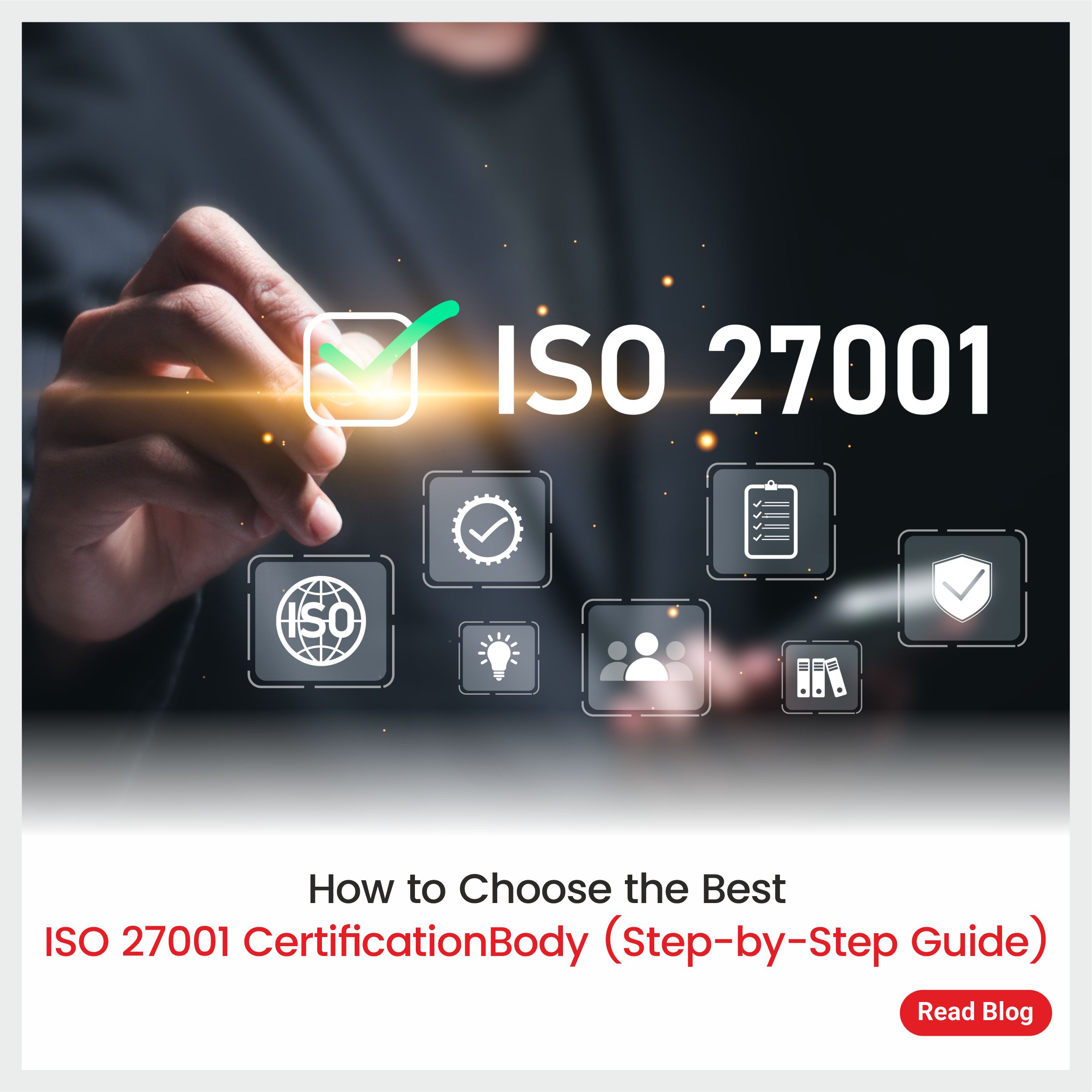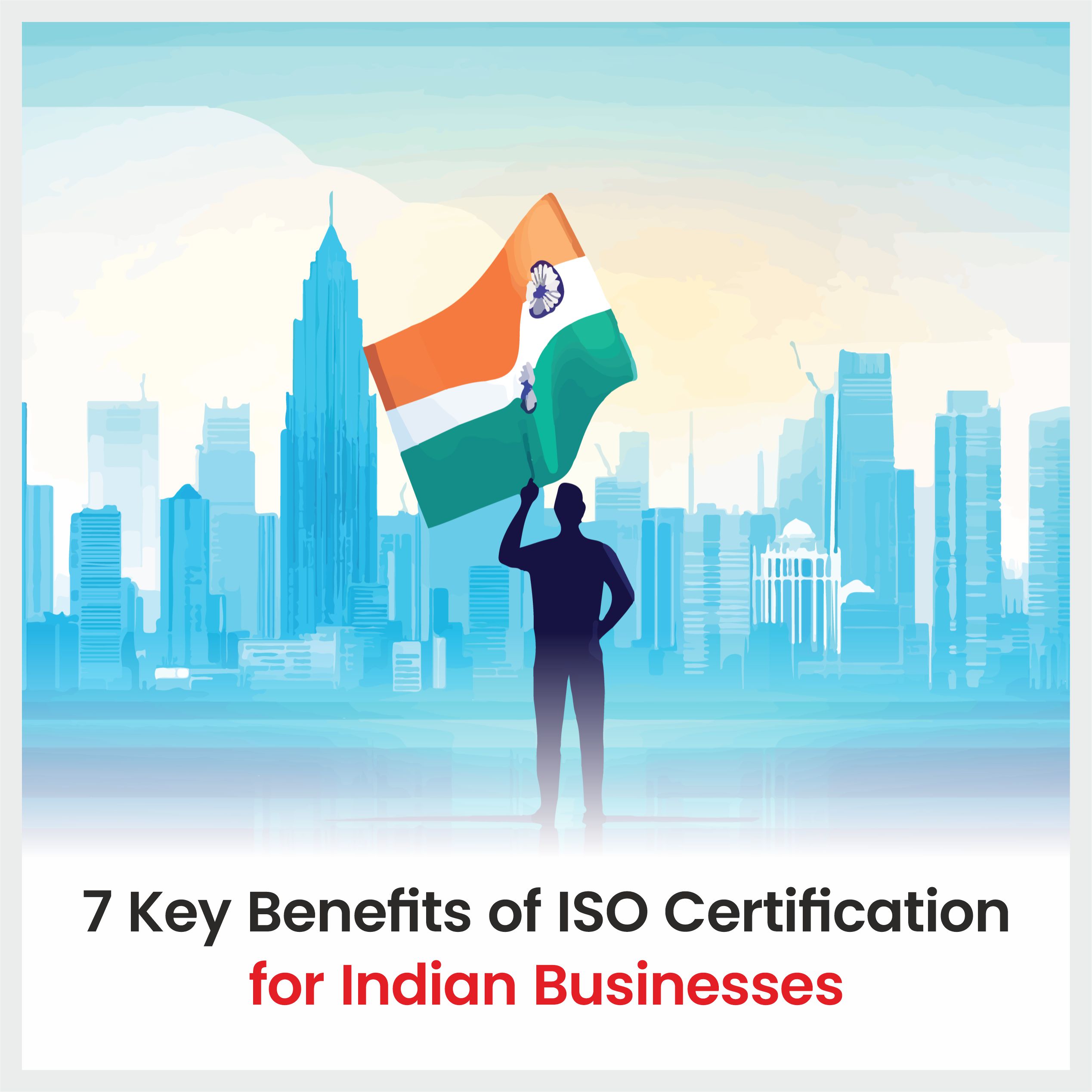GET ISO Certification for
Telecommunication Industry
ISO Certification for Telecommunication Industry
Faster communication channels have helped the world is getting closer than ever. This calls for services that offer quality as well as trustworthiness. Therefore, standardization of these services through continuously improving management systems is the need of time for this rapidly-changing sector. The basic requirements for any organization in the electronic and telecommunication sector are ISO 9001, TL 9000, and ESD S20.20. However, ISO 14001, ISO 45001, ISO 50001, and ISO 27001 Certification handle the environmental interaction, occupational safety, energy consumption, and data privacy controls of these organizations respectively.
ISO Certification process for Telecommunication Industry
- Application & contract
- Audit team Assignment
- Document view
- Certification Audit Independent review
- Notification of Certification
- Surveillance audit
- Re-Assessment
The certification process goes further. click here to view the next steps to ISO certification Process
ISO certifications have huge significance across a varied range of industries. They not only help in improving the processes within the organization, but also ensure a smooth flow of services throughout the supply chain. Know more about Sis Certifications: https://www.youtube.com/c/SISCert
Which ISO Standards are best Telecommunication Industry?
The International Organization for Standardization publishes certain standards that help in implementing management systems for delivering quality products and services as well as enabling compliance with the related legislations.
The most required ISO standards that are appropriate for telecommunication industries are:
⚡ Key ISO Standards for Telecommunication Industry
💡 Get Certified. Get Recognized. Grow Globally!
Boost your organization’s credibility, trust, and performance with internationally recognized ISO Certifications and Professional Trainings.
📜 ISO Certifications:
ISO 9001, ISO 14001, ISO 45001, ISO 22000, ISO 27001, ISO 27701, etc.
🎓 Training:
Lead Auditor Training, Lead Implementor Training, Internal Auditor Training, etc.
🔐 Infosec:
VAPT, GDPR, CMMI, SOC 1, SOC 2, HIPAA, HITRUST, PCI DSS, Cyber Security Audit, etc.
✨ Your Partner for a Sustainable Tomorrow ✨
Note:: The certification process begins with submitting a form and technical details, which are used to determine audit man-days. Our experts evaluate the information and share the cost and timelines with the client. We value your time and ensure quick responses, clear communication, and timely delivery of services.
ISO 9001 Standard
This standard is designed for the implementation of quality management systems in an organization. Through this standard, the organizations can adopt the best business practices that would help them in meeting customer expectations and improving operational efficiency.
ISO 14001 Standard
This standard helps the organizations in implementing the environmental management system so that the impact of their activities on the environment can be minimized. It enables the production of environmentally sustainable components by the suppliers and manufacturers of the electronics and telecommunication units.
ISO 45001 Standard
Through this standard your organization can ensure the occupational health and wellbeing of your staff. It also helps in meeting the related regulatory requirements of the land.
ISO 27001 Standard
The information stored within your organization can be protected from breach or loss by effective implementation of ISO 27001 for Information Security Management System.
ISO 50001 Standard
ISO 41001 certification helps in the implementation of Facility Management (FM) System in your organization. It was last updated in 2018, and hence, it’s written as ISO 41001:2018. The framework of ISO 41001 certification is the same as that of ISO 9001, ISO 14001, and ISO 45001, which makes the integration among all these management systems easier.
ISO 50001 Standard
Through this standard, an organization can establish an energy management system in order to reduce their carbon footprint and utilize their energy resources effectively.
TL 9000 Standard
This is particularly applicable for electronics and telecommunication industries and is an extension of ISO 9001. TL 9000 establishes measurements within and across specific product categories through its two-part telecommunications management system.
ESD S20.20:
The maintenance of electronic components prevailing in the communications space is looked after by ANSI/ESD S20.20 standard. It helps in protecting the devices from harmful electrostatic discharges.
Benefits of ISO certification for Telecommunication industry
For any organization, ISO Certification is the ultimate achievement to guarantee that their products and services are of the best quality. Thus, achieving ISO Certification for your telecommunication industries can reward you with enormous benefits.
Some of the primary profits of having ISO certification are listed below:
- Builds confidence among the customer regarding their privacy concerns.
- It ensures the delivery of quality services.
- It makes the telecommunication organization environmentally responsible.
- Helps in saving costs with respect to litigation or insurance premiums.
- A continual improvement of the systems aims at meeting the changing market demands.
The International Organization for Standardization (ISO) just publishes the standard. The certificate is issued by a certification body. For electronics and telecommunication industries, getting ISO certified becomes extremely important as it helps in meeting the dynamic requirements of the market as well as updating constantly the latest developments in this sector.
FAQs
- ISO 9001 Standard: Quality Management System.
- ISO 14001 Standard: Environmental Management System.
- ISO 45001 Standard: Occupational Health and Safety Management System.
- ISO 50001 Standard: Energy Management System.
- ISO 27001 Standard: Information Security Management System.
Achieving ISO Certification is no big deal in today’s upgraded systems. The basic steps to become ISO Certificate for Electronics and Telecommunication Industry are as follows:
- Firstly, you need to prepare all the relevant information about your company in a systematized way (It is always best and safe to hire a legal consultant.)
- Secondly, you need to document all the relevant information about your business.
- Thirdly, you have to implement all the documented information in your organization.
- Fourthly, get ready for the internal audits which are performed first during the certification process and then periodically after.
- Lastly, if the certifying body approves your management system then you will be awarded the required ISO standard.
An ISO Certificate is valid for 3 years. And during this time period of 3 years, a surveillance audit is conducted on an annual basis to ensure that ISO quality standards are being maintained by the organization.
- Firstly, select the type of ISO certification you want for your Electronics and Telecommunication Industry.
- Secondly, selecting a recognized and credible ISO certification body (ISO Registrar)
- Thirdly, make an application in the prescribed form which should include liability issues, confidentiality, and access rights.
- Fourthly, the ISO certification body will review all the documents related to various policies and procedures being followed in the organization. If there are any existing gaps, the applicant has to prepare an action plan to eliminate these gaps.
- Then, the ISO registrar will conduct a physical onsite inspection to audit the changes made in the organization.
- As soon as the certifying body approves your management system, you will be awarded the required ISO standard.
Basically, when you approach a certifying body for ISO Certification and they approve your management systems and all your processes, they will then quote an amount for the certificate. Moreover, the cost for achieving ISO certification depends mostly on your organization, such as the no. of employees in your organization, No. of branches your organization has, and many more.
Missing Something?
We’re here to help you find exactly what you need—just let us know, and we’ll guide you in the right direction.
LATEST NEWS & BLOGS

India’s Digital Payments Story Runs on One Invisible Layer: PCI-DSS
India at the Center of the Digital Payments Boom With a boom in the digital economy, India finds itself at

How to Choose the Best ISO 27001 Certification Body (Step-by-Step Guide)
Data breaches can happen at any time, and regulators or clients can also act without warning. ISO/IEC 27001 certification is

7 Benefits of ISO Certification in India for Business Growth
Businesses claim to deliver QUALITY in today’s cut-throat market; however, there is no source to verify the claims. What if

